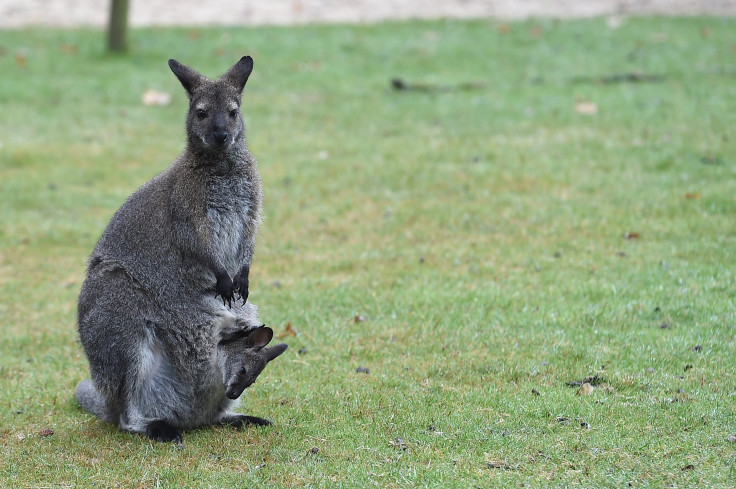Australia Air-Dropping Veggies For Animals Starving After Devastating Bush Fires

Rain falling out of the sky is the best way to extinguish the bushfires that have scorched Australia but airdropping a ton of vegetables from the air may result in the salvation of animals that survived and are seeking food.
Operation Rock Wallaby was formed as a post-fire wildlife recovery effort to help animals affected by the fires with the brush-tailed rock-wallaby acting as the “poster boy” for the effort. Matt Kean, Australia’s minister of energy and environment, said over 2,000 pounds (1,000 kilograms) of sweet potatoes and carrots were dropped over different colonies since last week.
He continued, "The provision of supplementary food is one of the key strategies we are deploying to promote the survival and recovery of endangered species like the brush-tailed rock-wallaby. Initial fire assessments indicate the habitat of several important brush-tailed rock-wallaby populations was burnt in the recent bushfires. The wallabies typically survive the fire itself but are then left stranded with limited natural food as the fire takes out the vegetation around their rocky habitat. This is the most widespread food drop we have ever done for brush-tailed rock-wallabies.”
Kean added, "When we can, we are also setting up cameras to monitor the uptake of the food and the number and variety of animals there."
Brush-tailed rock-wallabies are “cousins” of kangaroos classified as marsupials. Like kangaroos, they "live on rocky escarpments, granite outcrops and cliffs.” They are considered a threatened species in Australia and New South Wales (NSW) classifies them as endangered. At one time there were 15 species in Australia, but most have disappeared, according to Australia's Department of Environment and Energy website.
The rock wallabies are fortunate in that they will try to escape the flames unlike other animals that lack that skill. Another marsupial, the Koala, while not an endangered species, is “terrible at coping in a bushfire scenario," according to Sue Ashton, the president of the Port Macquarie Koala hospital.
She explains that during a bushfire their reaction is to “climb right up to the top of the tree and curl into a little ball” proving fatal in an intense fire. If they do survive, the odds are great that they will suffer burns to their paws rendering them unable to climb, an essential need for a tree dwelling animal.
Adding to the Koala’s woes is that they only eat eucalyptus leaves so other vegetables air-dropped will not help them.
According to ecologists from the University of Sydney, half billion animals have been impacted with deaths numbering in the millions. That estimates includes birds, reptiles, and mammals but excludes bats, frogs and insects making the true count impossible to determine.
© Copyright IBTimes 2025. All rights reserved.





















